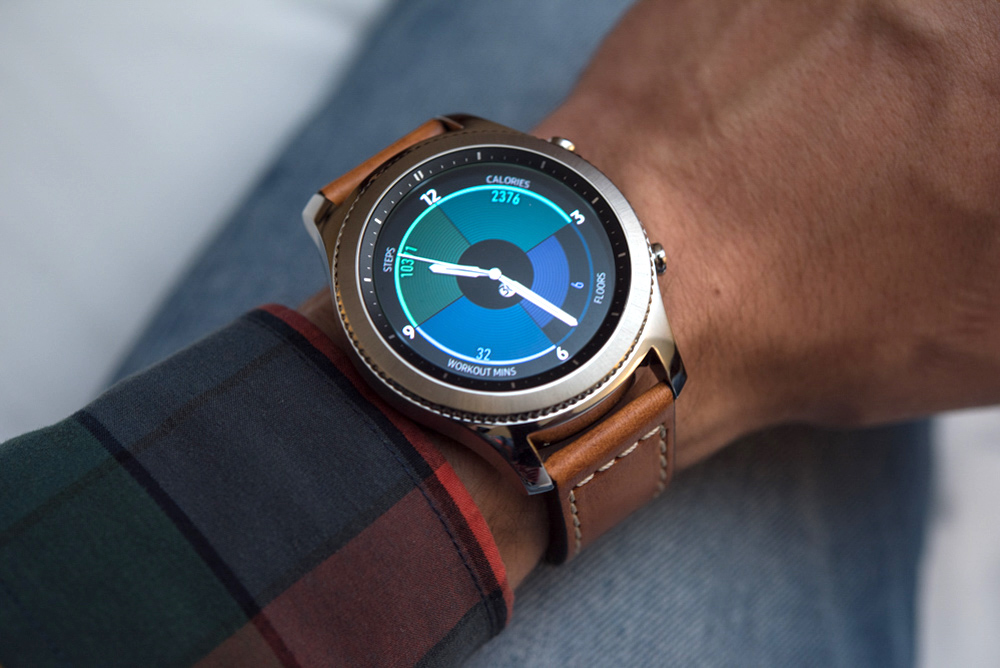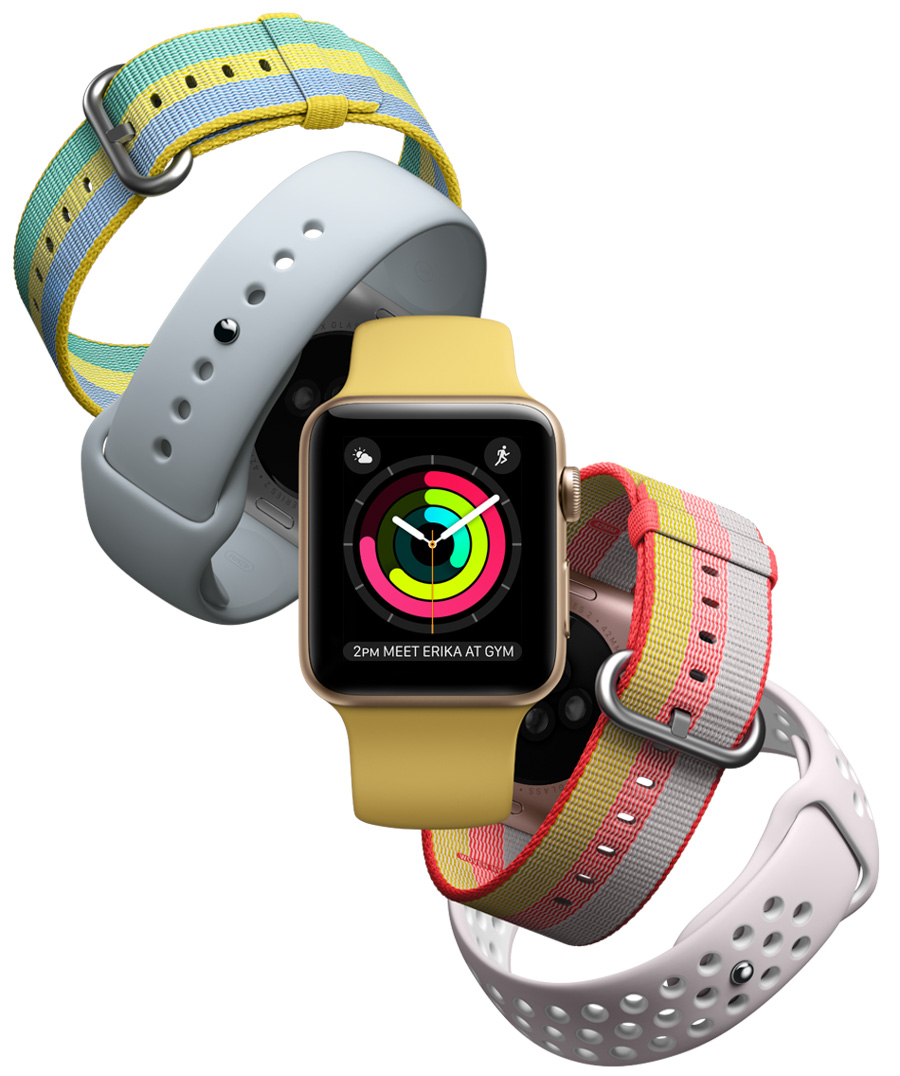
With the knowledge that someone is standing in their bathroom, as well as the time of day, general sleeping habits, and general interests, what might a smartwatch then display? If it is early in the morning, perhaps the weather and a cheerful watch dial that includes a view from a connected porch camera. Perhaps the user just came into their bathroom after a long day and needs to relax and wind down. The watch could signal the lights in the room to dim and relaxing music to play on nearby speakers. All of this is because the smartwatch, being hyper-personal to the user, knows exactly what they are doing, and likely what the user will be doing based on their established normal routine patterns.
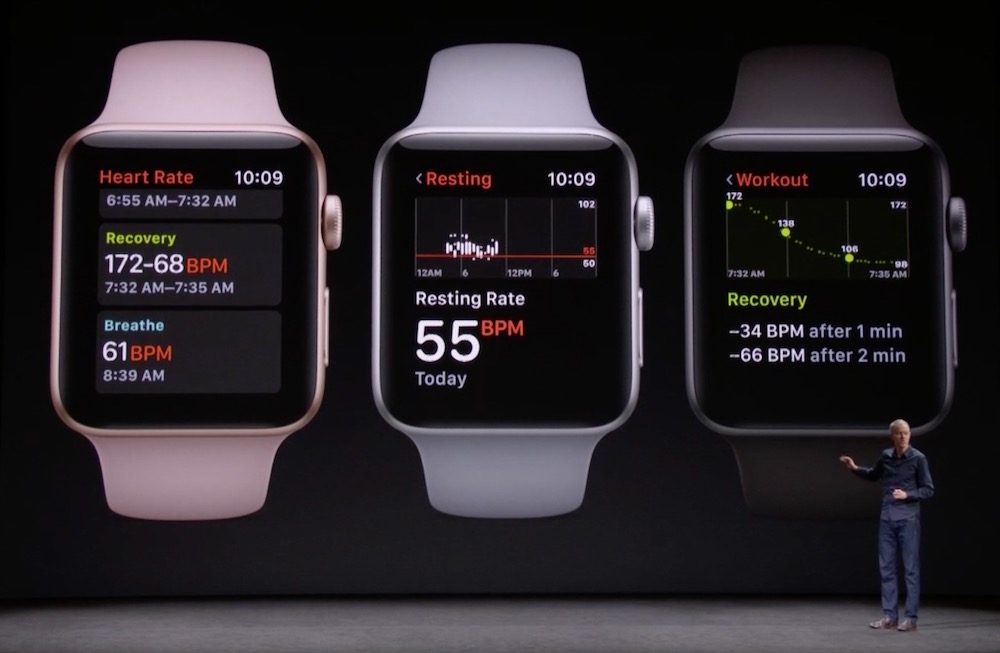
My belief is that while other devices can listen to their environment with more clarity than a small microphone available on today’s smartwatches, no device other than something worn on someone’s face will be able to know precisely what the user is currently experiencing. Of course it is possible for the smartwatch to communicate with other nearby connected devices (such as the lights mentioned above) via a home network, but it is the smartwatch in this instance which is triggering a variety of actions and protocols. Once again, it is up to software developers to understand how to adapt existing machine learning systems to this use, and to effectively and in real time process audio information, but I’m sure it is doable. If Google can sort through trillions of pieces of information for a list of specific things based on one search term, people can surely architect databases and indexing systems that can contextually match real-time recorded similar sound profiles with other information. I actually think that most people’s lives are routine enough, that within a short amount of time (a few weeks), a smartwatch could know pretty much all the different things someone does on a regular basis. That means per person, the total number of scenarios a smartwatch would have to plan for are relatively few. More so, much of the effort will be on continually refining the relevancy of what the smartwatch does or actions in those mostly finite number of situations.
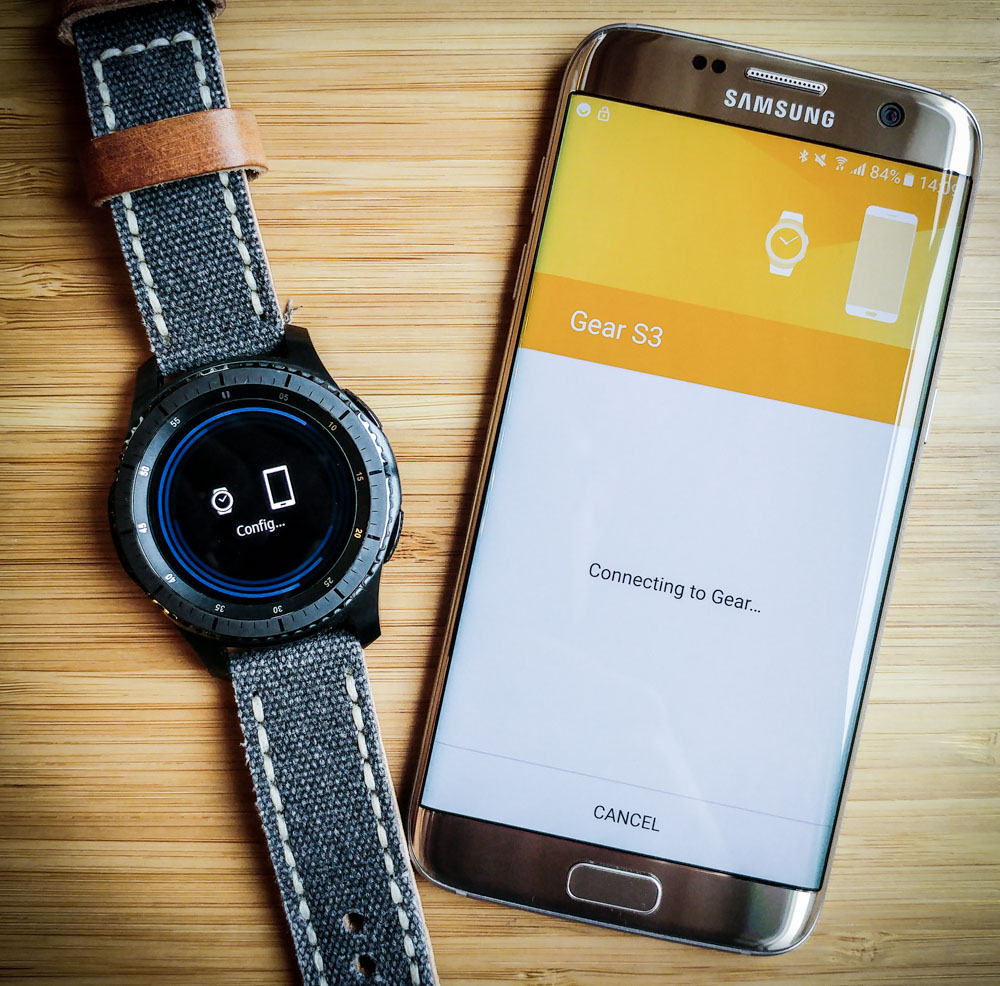
These days no discussion of data collection is complete without a discussion about privacy. I’m a private person and I really hate the idea that once a corporation has my data, I’m basically screwed if they do anything with it that I wouldn’t approve of. Data has become too valuable to leave it in an unregulated and demonstrably unsafe place. I’m no expert, but I think a lot of the problem is that there is an assumption at data companies that you need to keep making money from data. It doesn’t seem to be enough to store data and only share it with a small number of people who need to see it. Apparently people with data like to churn it in all sorts of ways and hope that some extra income comes out of it. No, they aren’t technically selling people’s private user data, but they sure as hell aren’t keeping that information separate or safe. If everyone’s sensitive personal information (like every sound they hear every day) was siloed in their account, and the account itself was encrypted, why wouldn’t it be reasonably safe?
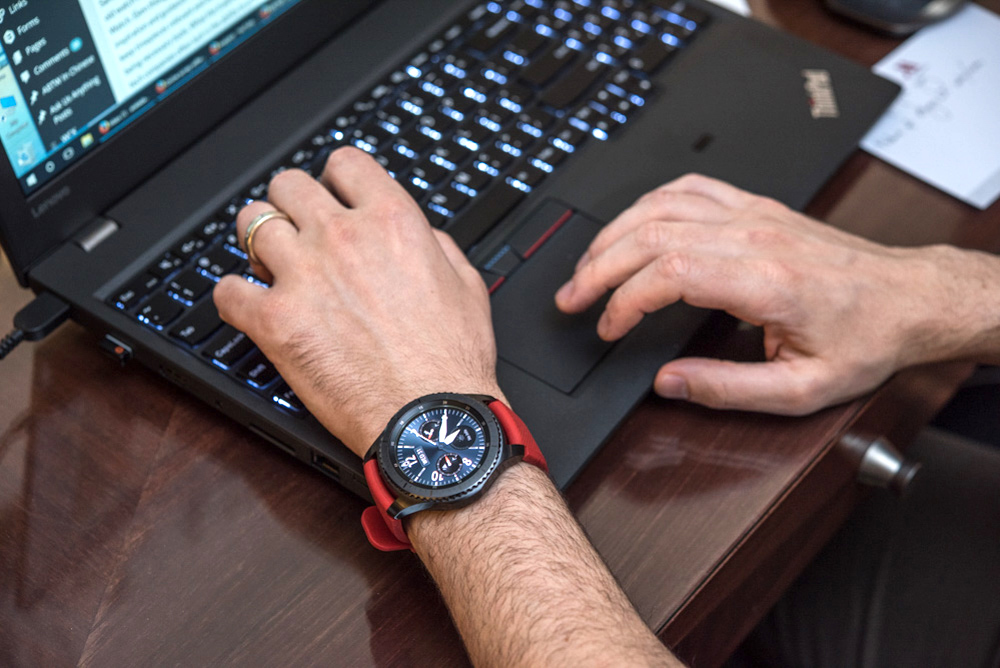
As I said, I’m anything but a internet security expert, but in a scenario such as this, assuming all this sensitive data was store in a closed virtual system that learned from itself and only has updates to how it handles data, then why couldn’t you keep it safe from hackers? I think the issue is in convincing technology companies that in some ways they need to treat data as being very sacred, and along with that is the rule that you don’t pile it on top of other people’s data such that it becomes terribly easy to walk away with it. If I’ve proved myself to be far too ignorant according to data experts, then it was not my intention. I’m merely trying to suggest that there are innovative solutions to protecting our data if we all decide that devices which greatly help us rely on constantly collecting personal data.
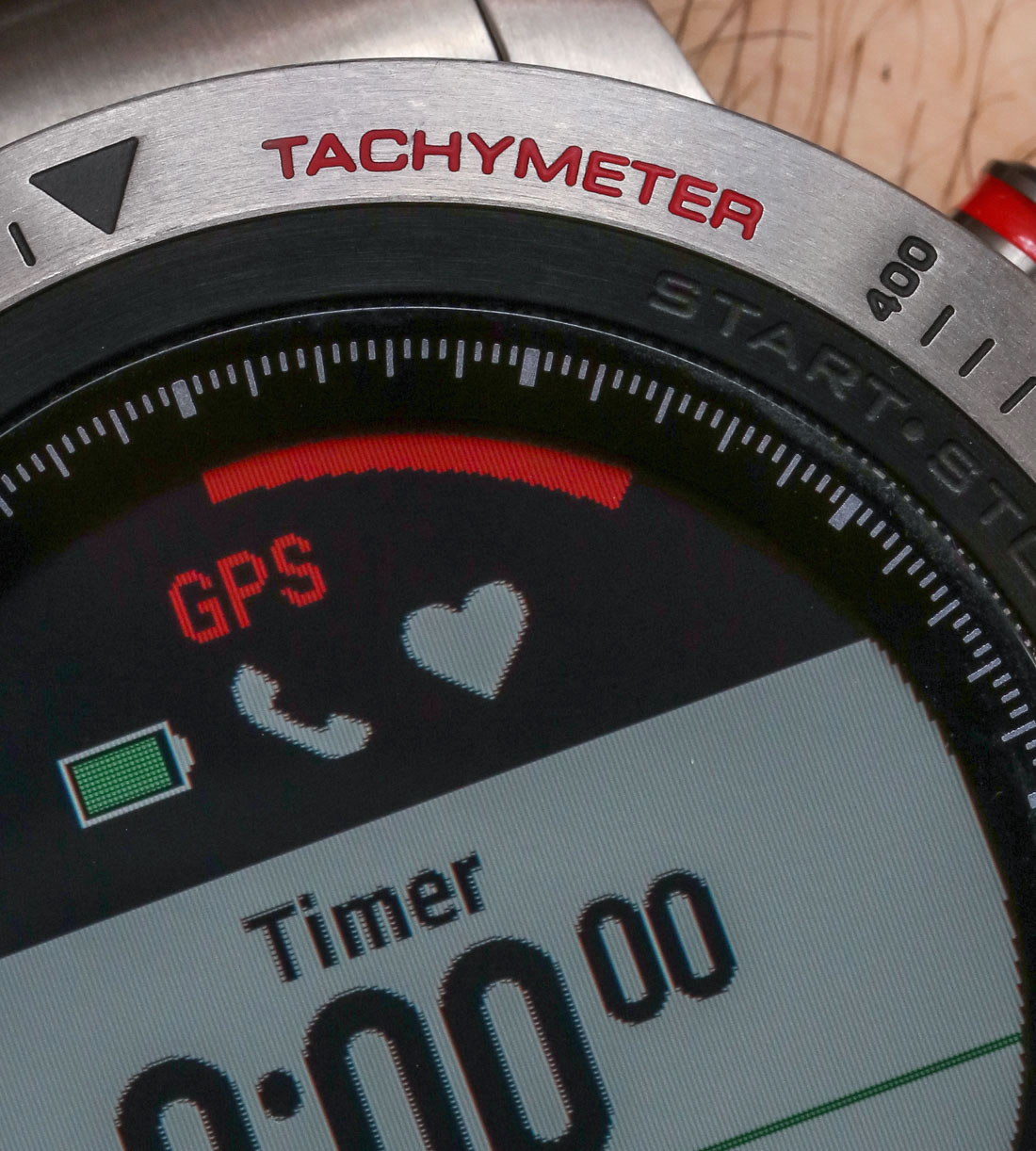
Transmitting lots of audio data is relatively “cheap,” but it will require new forms of compression. I was guilty of believing that because a mobile phone connection can easily support a real-time human conversation, then a smartwatch could easily listen in nuanced clarity to the subtle sounds of you interacting with your environment. I’m no audiophile, but I do know that the richer the media, the more dense that data is. Likewise, the conversations that mobile phone carriers allow us to have on their networks appear to be very lean on bits. Compression on calls these days seems to be very high compared to the good ol’ analog cellular connection data. That data was too rich and I think going digital helped a lot more data move through the same signal bandwidths. In any event, rich sound data will require large amounts of data to move back and forth. I hope we are edging closer to yet another next-generation mobile data network system which allows for most people to push this type of data around.
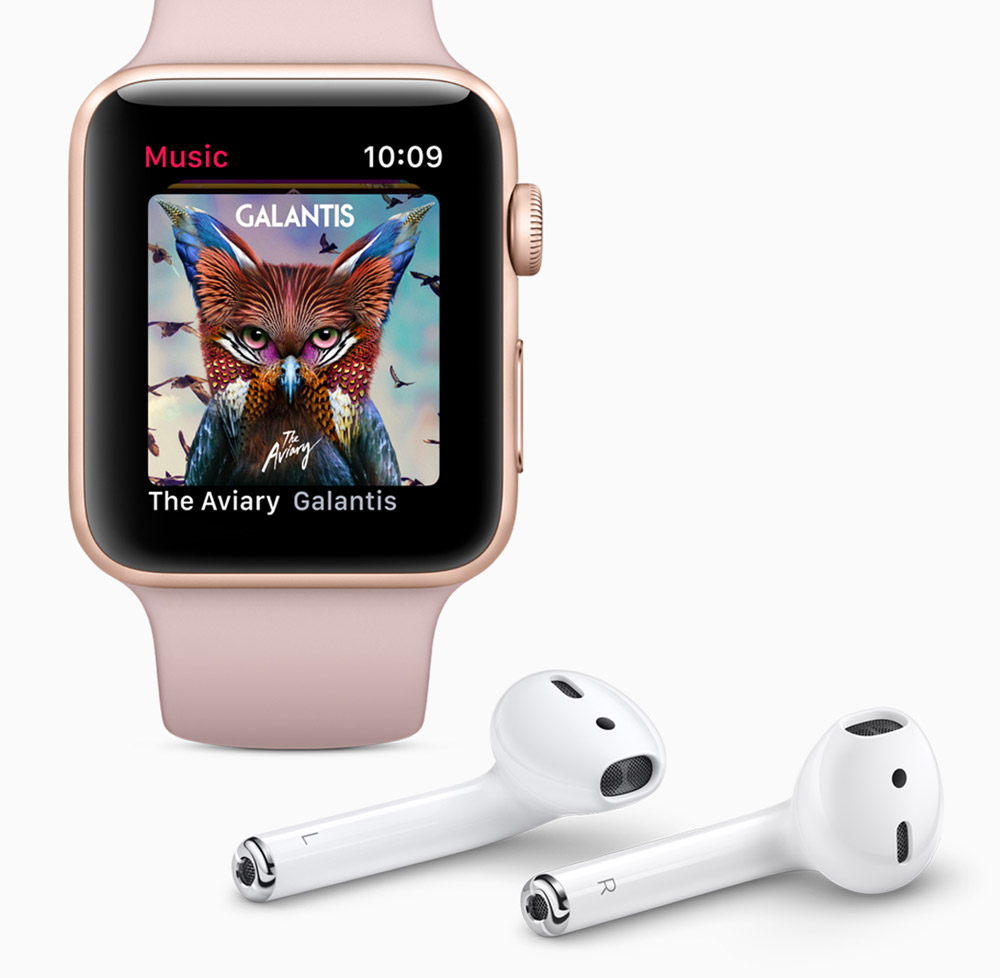
More important may be necessary improvements to microphone technology on the wrist. Though with innovations like the AirPods, at the very least companies like Apple, not to mention others like Bose, Sennheiser, etc… are getting better and better at small microphones. It could be a short time before smartwatches come equipped with microphones that have advanced as much as mobile phone cameras have in just a few short years.
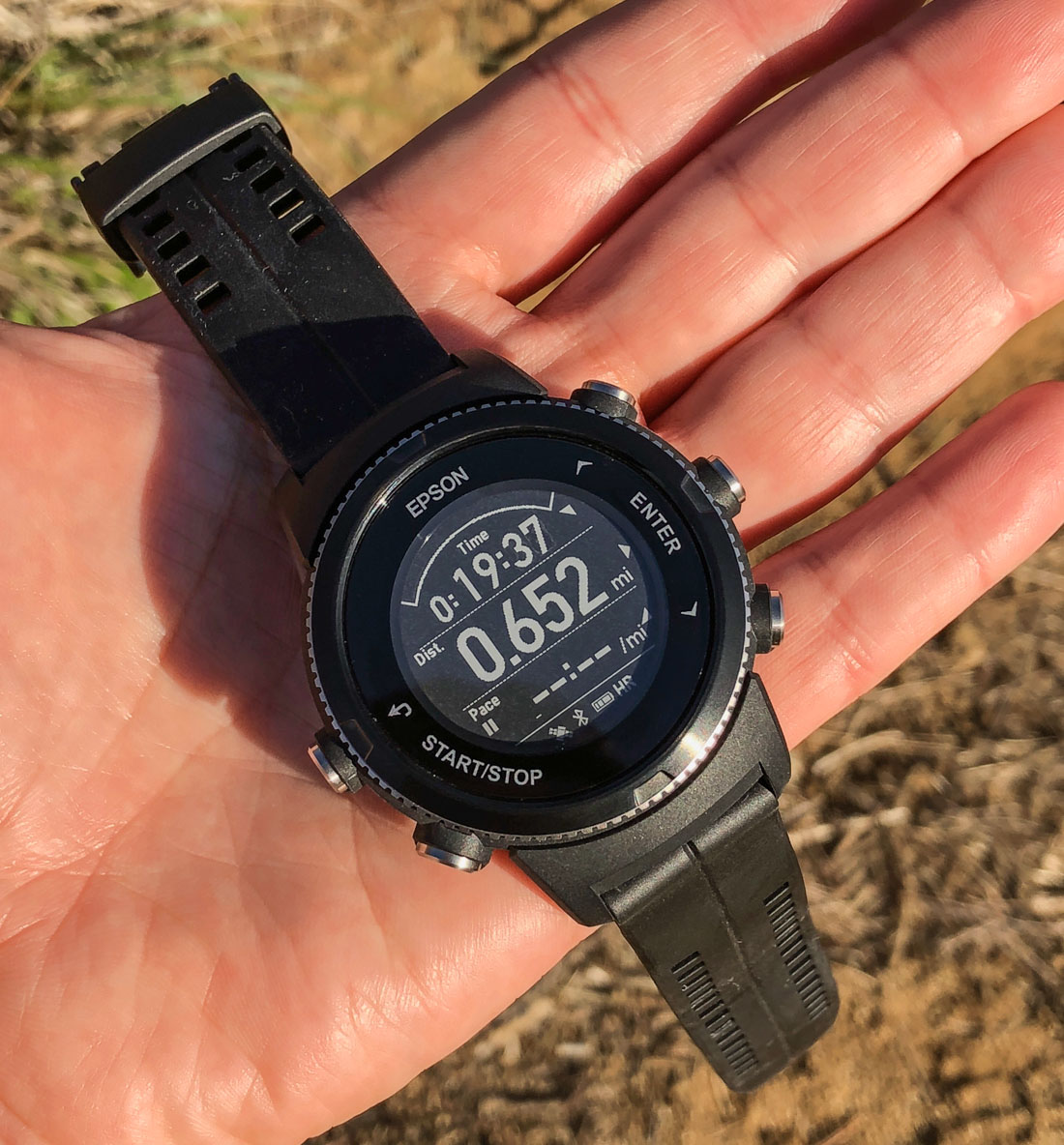
I could be dreaming a bit with my notion of a smartwatch that knows what you are doing and seeks to be useful in the moment as being possible to develop in this means. Though I do think that there is a huge amount of predictive power to what a user is experiencing in the sounds immediately around them. Sound patterns and audioscapes no doubt have many identifiable signatures to make them distinct and indexable. More so, I think it would be interesting for smartwatch makers to consider the wide potential of developing software that allows for smartwatches that can reliably guess what the user is doing, and both present them with useful information on the smartwatch dial, or use information about their current anticipated needs to signal other devices as part of an “Internet of Things.”
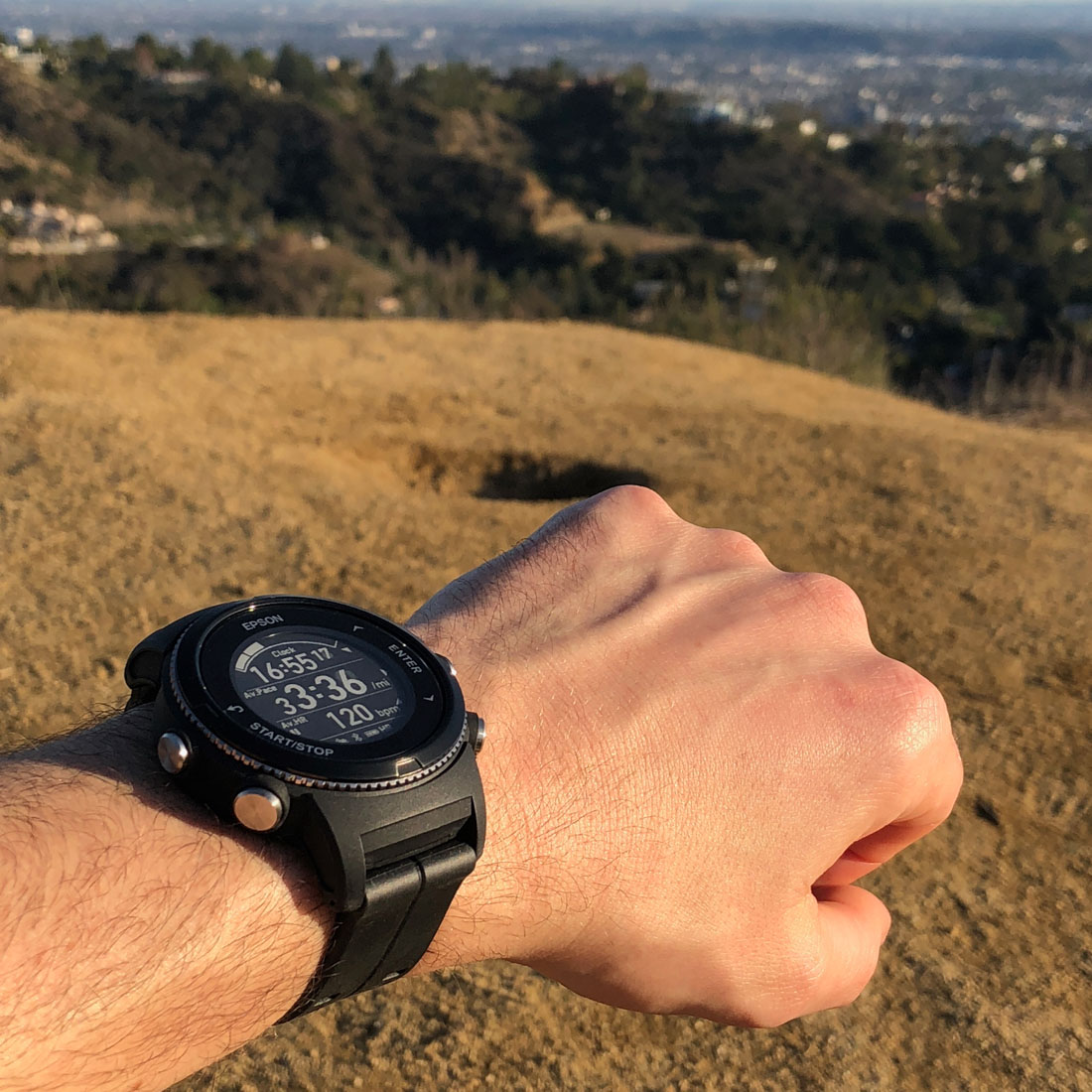
In slowly coming to answer the question of “what do I want a smartwatch to do for me?” over time as I wear more and more of them, I think my response is “to know me.” I want my smartwatch to be smart because I don’t need to tell it what to do, not because it can speak to the Internet. Smart for me is 1) being able to identify an environment or situation, 2) having tools which can be useful in that situation, and 3) being able to predict with acceptable accuracy what tools and how to use them in order to make a user satisfied. That is the type of intelligence I expect from a “very personal device.” I don’t need another screen in my life, and I certainly don’t need more reasons to be distracted. I would however like for predictive software to make living in my environment more convenient, efficient, emotionally satisfying, and comfortable. Offering that is what gets consumers to adopt a piece of technology, and not let go of it.

